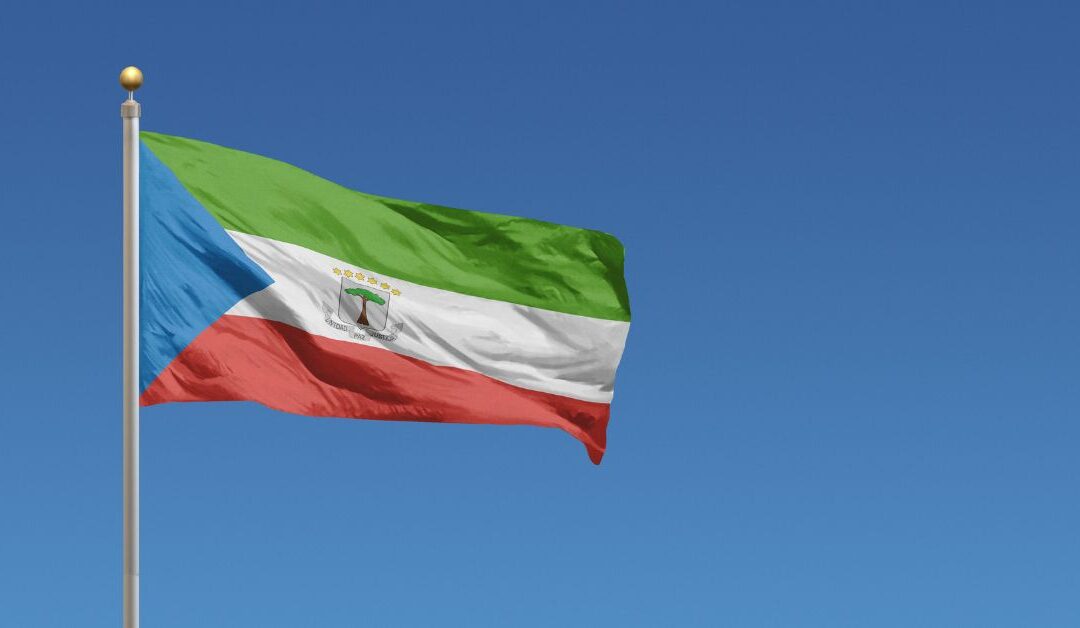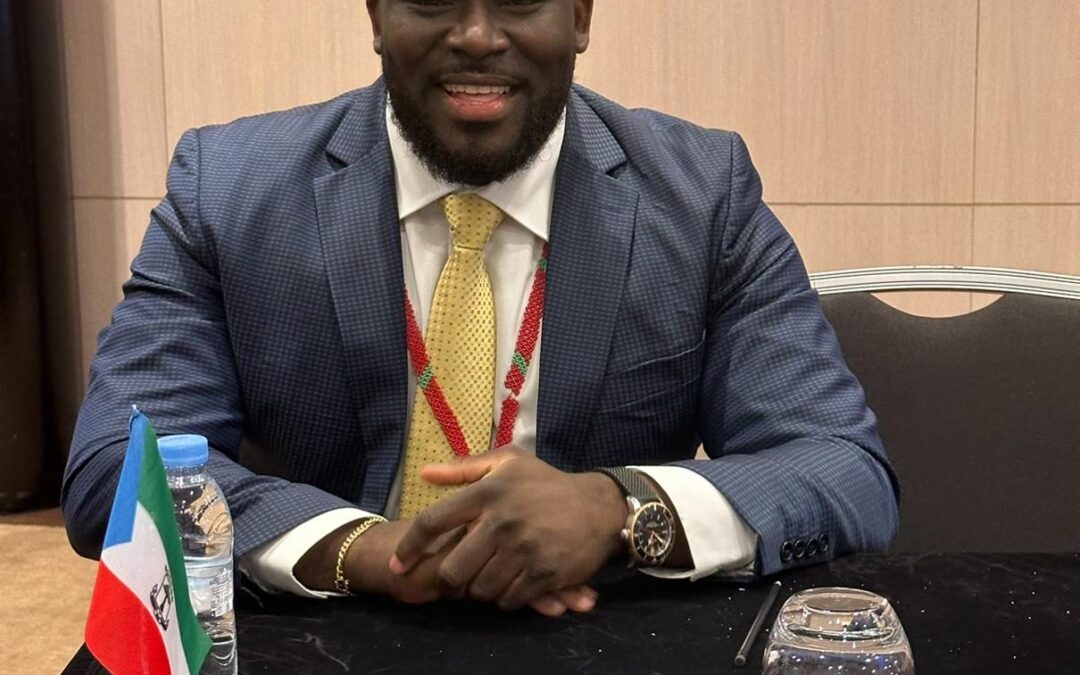
Client Alert : Equatorial Guinea
Minimum Tariffs for Vehicle Insurance
What happened?
The Republic of Equatorial Guinea recently enacted Decree No. 97/2020, dated November 5th 2020. This Decree approves minimum tariffs for obligatory third-party liability insurance for motor vehicles. It serves as an addition to Decree 28/2008, of 31st March approving the Application regulations for Obligatory Third-Party Liability Insurance for Motor Vehicles, Risks in Construction, and the Importation of Goods in the Republic of Equatorial Guinea.
The Decree will come into force from January 2021, following its publication in the Official State Gazette and in the National Media.
What are the Consequences?
The Decree establishes “tariffs that will serve as a base for the contracting of Obligatory Third-Party Liability Insurance for Motor Vehicles, in order to achieve a balance between the need for profit of insurance companies and the protection of the insured party, thus assisting in the establishment of an official control mechanism regarding tariffs for the various Obligatory Third-Party Liability Insurance for Motor Vehicles products.”
The minimum tariffs are broken down into the following Phases as follows:
Category I: Passenger or saloon vehicles.
Category II: Vehicles for the transportation of goods or products belonging to the Contract signee.
Category III: Vehicles for the public transportation of goods (TPM) or use associated with the transportation of products or goods belonging to the signee or third parties.
Category IV: Vehicles for the public transportation of passengers/travellers (PSV), in the three sub-categories.
IVa: Saloon vehicles with fewer than eight seats fitted with a taxi meter (Taxi)
IVb: Adapted vehicles, designed for the transport of passengers (Trucks or Vans).
IVc: Vehicles destined for the transportation of service personnel or pupils and students.
Category V: Motor vehicles with two (2) or three (3) wheels, and motor vehicles with four (4) wheels with a Net Weight under or equal to 150 kg, provided with a maximum of two (2) or three (3) seats, which may be driven without a Driving Licence.
Category VI: Vehicles entrusted to professionals from repair garages, points of sale and control services.
Category VII: Driving school vehicles, and those used for practical tests in the Driving Licence examination.
Category VIII: Vehicles destined for rental, with or without a driver.
Category IX: Heavy plant vehicles, dedicated to construction and engineering work, which move on wheels, chains or using the traction of another motorised land vehicle.
Category X: Special service vehicles such as: Ambulances, Police, Vehicle Fleets, Hearses.
The Decree also provides that tariffs for the higher premium shall be applied to multiple use vehicles.
We should also note that the tariffs are periodic i.e. either monthly, quarterly, half-yearly or annually. The fixed tariffs applicable to all land motor vehicles are Annual while the tariffs applicable to vehicles with a provisional license plate are temporary, with a maximum duration of three (3) months.
What should my company do?
The decree is broad and all encompassing, as such it will affect your company.
As a minimum, businesses ought to consider the below measures:
Information
Inform the relevant personnel/departments about the new law and what is required.
Regulatory Mapping
Read and understand all the requirements imposed by the Decree.
Implementation & Accountability
Draw up an implementation plan-with clear tasks. This can be achieved by reviewing and/or auditing current vehicle insurance policies held by the Company to confirm if they meet the minimum standard set by the Decree and making sure to update out of date Policies to fall in line with the requirements of the Decree.
Expert Support
Promptly request a copy of the Decree and seek further advice.
ABOUT THE AUTHOR
Abraham Abia is the Managing Director at Clarence and widely recognised as one of the leading energy lawyers in Equatorial Guinea, often speaking at events around the world. Abraham is particularly renowned for his ability to create and implement country and sector specific standards, policies and procedures.
ABOUT CLARENCE
Clarence offers its clients the freedom to operate in Africa. Thanks to our diverse resources, we understand Africa better than most firms. We assist clients to identify, assess and effectively minimise operational legal and regulatory risks. We develop creative and efficient solutions to operational challenges, so our clients can focus on growth and revenue. Our approach is to bridge the gap between external and in-house counsels. Our areas of practice include Energy and Natural Resources, Real Estate, Construction, Joint Ventures, Corporate and Commercial, Risk Management & Compliance, Litigation and Dispute Resolution, Government Relations, Customs and Taxation, Employment and Immigration, Aviation and Telecommunications. For enquiries, please contact us at info@clarenceabogados.com



